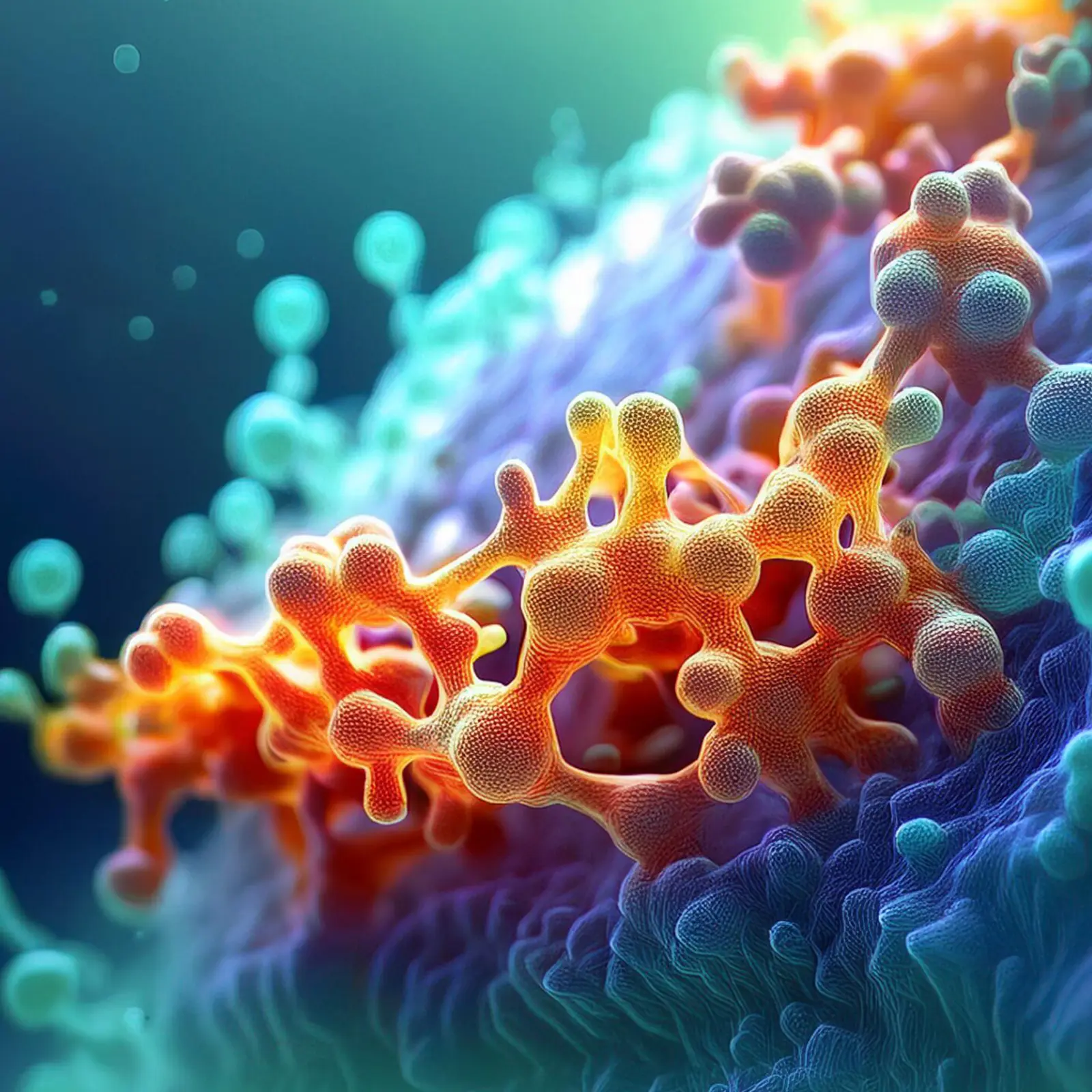
Life with MCADD means constant vigilance for children and their families. These kids can not properly break down certain fats for energy when glucose runs low, leading to dangerous metabolic crises triggered by missed meals or common illnesses. Symptoms can range from vomiting and lethargy to seizures and coma.
Parents meticulously plan every meal and snack, avoiding long gaps between eating. Even routine events like school or birthday parties require extra preparation and constant awareness. Children with MCADD learn to recognize their body’s warning signs and communicate their needs.
MCADD, or medium-chain acyl-CoA dehydrogenase deficiency, is the most prevalent inherited disorder affecting the body’s ability to break down fatty acids. Its incorporation into newborn screening programs throughout Europe has dramatically enhanced early detection and mitigated the occurrence of severe complications, like neurological impairments. Even with these strides, MCADD continues to pose a substantial challenge for pediatric healthcare, with an estimated prevalence of 1 in 12,000 individuals and approximately 80,000 patients within the EU, encompassing Norway, Switzerland, Great Britain, and the United States.
The symptoms can vary widely depending on the severity of the enzyme deficiency. Some patients may experience symptoms early in life, while others may not develop them until later childhood or adulthood.
Lethargy, seizures, coma
Vomiting
Muscle weakness or hypotonia
Heart failure
Respiratory distress
MCADD treatment focuses on preventing hypoglycemia and ensuring adequate energy supply. A ketogenic diet, which is high in fat and low in carbohydrates, helps regulate blood sugar and reduces the buildup of harmful fatty acids. It’s essential for MCADD patients to avoid prolonged fasting and eat frequent meals or snacks. If a hypoglycemic crisis occurs, immediate treatment with glucose is necessary.
Protein misfolding events are a hallmark of numerous human diseases. The coenzyme FAD, a key player in cellular metabolism, has emerged as a potential stabilizer of misfolded proteins. FAD, or flavin adenine dinucleotide, is a coenzyme that plays a crucial role in many cellular processes.
Given the pivotal role of riboflavin as the precursor of FAD, this vitamin is being explored as a novel therapeutic agent. The development of a long-term medication targeting riboflavin metabolism represents a paradigm shift in the treatment of protein misfolding disorders, offering the prospect of disease modification rather than mere symptom management.
The robust clinical data, coupled with its exceptional safety profile, presents an attractive investment opportunity. The drug’s ability to positively impact in two different patient groups with different dosages, combined with its orphan drug designation, positions it for significant market penetration. Furthermore, its favorable tolerability profile suggests a robust safety margin, minimizing the risk of future regulatory hurdles. These factors, taken together, highlight riboflavin as a promising therapeutic agent with the potential to transform the treatment of MCADD protein misfolding disorders.
Living with MCADD is a constant challenge. These children face a lifetime of dietary restrictions, frequent monitoring, and the constant threat of metabolic crises. The emotional burden on families is immense. Yet, new therapies like riboflavin treatment offer hope. By investing in research and comprehensive support services, we can enhance the quality of life for these children and their families. Together with iniuva, we can create a future where MCADD no longer limits life.
Ben and Emilia, two young children battling MCADD, face daily challenges. They must adhere to a strict ketogenic diet, undergo regular blood tests, and can not dely an meal. Their parents constantly worry about their children’s health and the potential for a metabolic crisis. Despite these hardships, Ben and Emilia are resilient and determined. The development of new therapies like riboflavin treatment offers hope for a brighter future for Ben, Emilia, and other children living with MCADD.
